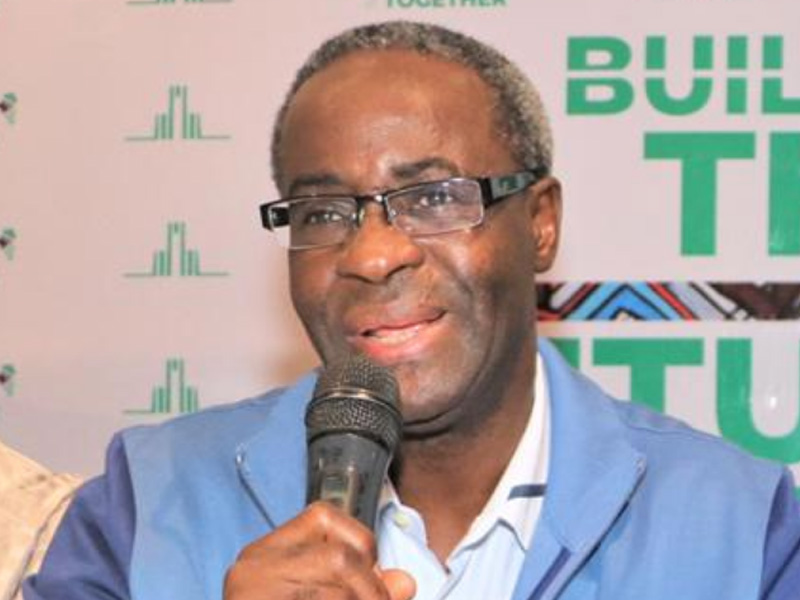The Nigerian government’s 2025 budget, known as the “Budget of Restoration,” is on track to begin implementation by the end of September.
This announcement was made by the Director-General of the Budget Office of the Federation (BoF), Tanimu Yakubu, during a recent forum in Abuja.
The news comes after growing public concern over the delay in implementing the N54.99 trillion budget, which was passed into law nine months ago.
READ ALSO: Borrowing is crucial to Nigeria’s development- Presidency
At the third Quarter Ministerial Stakeholders and Citizens Engagement Forum, Yakubu emphasised that the budget’s success hinges on careful implementation and sound financial management.
He highlighted the importance of public involvement, stating that Nigerians are the rightful owners of the nation’s resources.
Yakubu also noted that a major hurdle for the country’s financial system is setting realistic revenue goals, especially within the oil industry.
He detailed several key initiatives to improve fiscal accountability, including translating budget documents into local languages and simplifying their content.
Empowering communities to hold the government accountable for how it spends money is also a priority.
Additionally, he discussed the financial implications of the Petroleum Industry Act (PIA), stressing the need to improve how revenue is tracked from project financing and tax credit schemes.
Prioritising debt servicing, which makes up N14.3 trillion of the budget, is also a critical focus.
Yakubu also outlined strategies to help Nigeria achieve its goal of becoming a $1 trillion economy by 2030.
These include developing programs at the ward level, implementing tax reforms, enforcing stronger fiscal discipline, and fostering innovation through partnerships, such as a $30.9 million Nigeria-Japan start-up initiative.
The Budget Office recently explained that the delay in publishing Budget Implementation Reports (BIRs) since the second quarter of 2024 was a temporary measure to ensure the accuracy and credibility of the country’s financial reporting during a unique budget cycle.
Yakubu asked stakeholders to view this “temporary delay not as backsliding,” clarifying that it was necessary for verification and reconciliation processes.
He emphasised that these reports are more than just financial summaries; they “integrate expenditure data with physical verification of projects nationwide.”
Meanwhile, Minister of Budget and National Planning, Atiku Bagudu, confirmed the federal government’s dedication to transparency and making decisions based on data.
He stated that “our policies and programs must be shaped by facts, not speculation. Data is the bedrock of responsible governance.”
However, Adeyemi Adeniran, the Statistician-General of the Federation and Chief Executive of the National Bureau of Statistics (NBS), called for better public understanding of statistical work and more investment in data systems.
He also asked for constructive participation from the media and civil society.
Adeniran pointed out that national statistics are often hampered by challenges like small survey sample sizes, underfunding, and outdated tools.
He confirmed that the NBS follows international best practices and receives guidance from organisations like the UN and World Bank, even as global definitions, such as that for unemployment, evolve.
READ ALSO: World Bank explains delay in disbursement of $2bn loans to Nigeria
“Statistics are public goods,” Adeniran stated. “Citizens should not only have access to them but also understand what they mean. We need every stakeholder, including the media, to help achieve that.”
He also mentioned ongoing NBS initiatives, including statistical literacy programs, better data visualisation tools, an updated website, and regular engagement with civil society groups.



